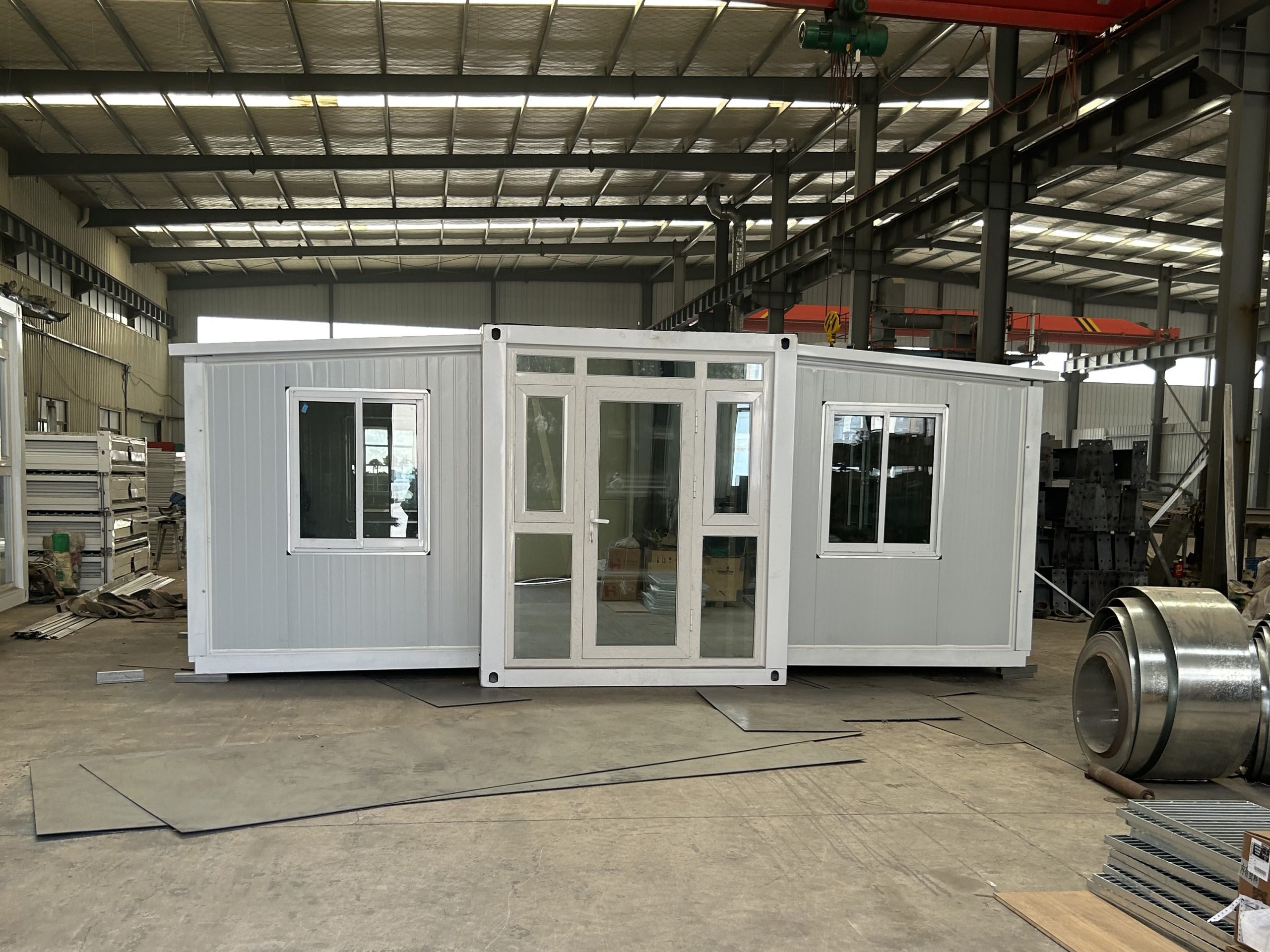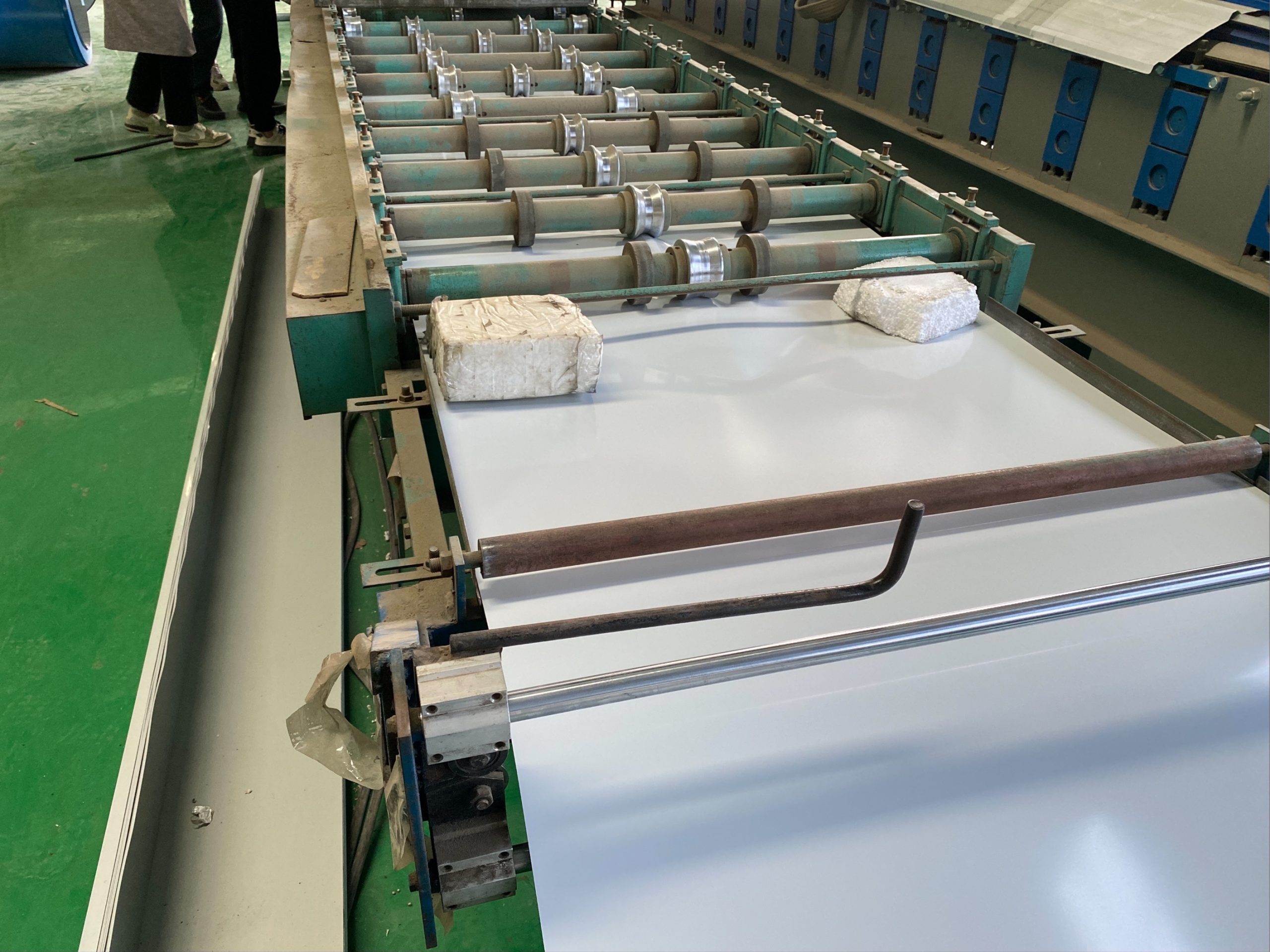Table of Contents
Sustainable Building Materials for Eco-Friendly Construction
Sustainable building materials play a crucial role in eco-friendly construction initiatives. These materials are designed to minimize environmental impact while promoting energy efficiency and long-term sustainability. From recycled materials to renewable resources, there is a wide range of options available for builders and architects looking to reduce their carbon footprint.
One popular sustainable building material is reclaimed wood. This type of wood is salvaged from old buildings, barns, and other structures, giving it a unique character and history. By using reclaimed wood, builders can help reduce deforestation and waste while adding a touch of rustic charm to their projects. Additionally, reclaimed wood is often more durable than new wood, making it a practical and environmentally friendly choice for construction projects.

Another eco-friendly option is bamboo. Bamboo is a rapidly renewable resource that grows quickly and requires minimal water and Pesticides to thrive. It is also incredibly strong and versatile, making it an ideal material for flooring, Furniture, and even structural elements in buildings. Bamboo is not only sustainable but also biodegradable, ensuring that it has minimal impact on the Environment throughout its lifecycle.
Recycled steel is another sustainable building material that is gaining popularity in the construction industry. By using recycled steel, builders can reduce the demand for raw materials and energy-intensive production processes associated with traditional steel production. Recycled steel is just as strong and durable as new steel, making it a cost-effective and environmentally friendly choice for structural components in buildings.
For insulation and energy efficiency, natural materials like straw bales and cork are excellent choices. Straw bales are a renewable resource that provides excellent insulation properties, helping to reduce heating and cooling costs in buildings. Cork, harvested from the bark of cork oak trees, is a sustainable material that is both lightweight and insulating, making it an ideal choice for flooring and wall coverings.

In addition to these materials, there are also innovative options like recycled glass countertops, Solar Panels, and green roofs that can further enhance the sustainability of a building. Recycled glass countertops are not only stylish but also eco-friendly, reducing the demand for new glass production and diverting waste from landfills. Solar panels harness the power of the sun to generate electricity, reducing reliance on fossil fuels and lowering carbon emissions. Green roofs, covered with vegetation, help reduce urban heat island effects, improve air quality, and provide natural insulation for buildings.
Overall, sustainable building materials offer a wide range of benefits for both the environment and the occupants of a building. By choosing eco-friendly materials, builders can reduce their carbon footprint, conserve natural resources, and create healthier and more sustainable living spaces for future generations. Incorporating sustainable materials into construction projects is a crucial step towards a greener and more sustainable future for the building industry.
